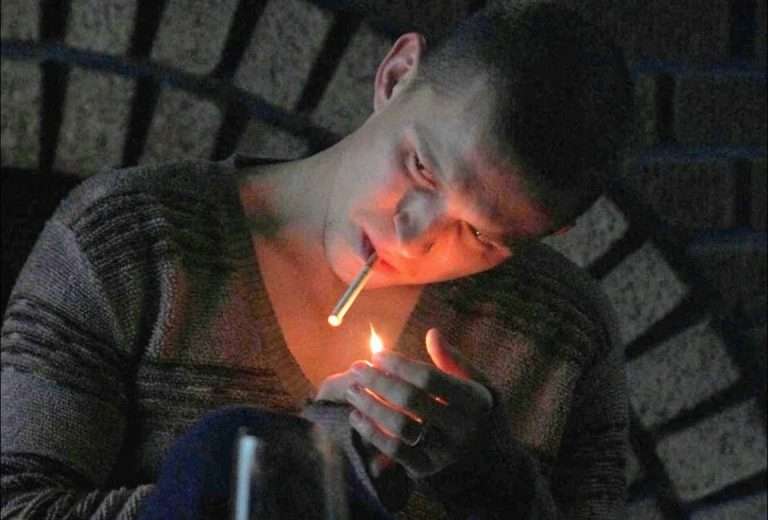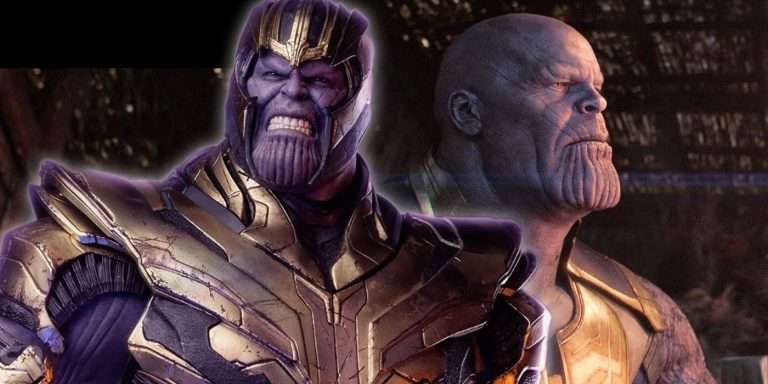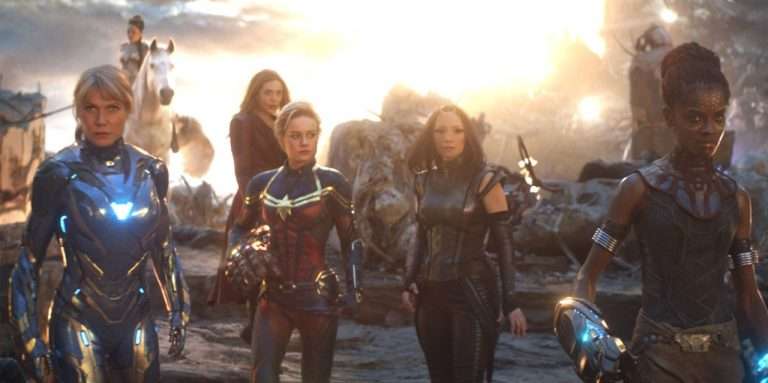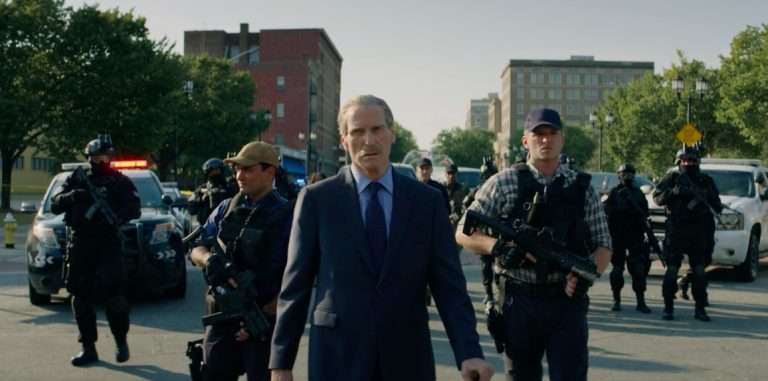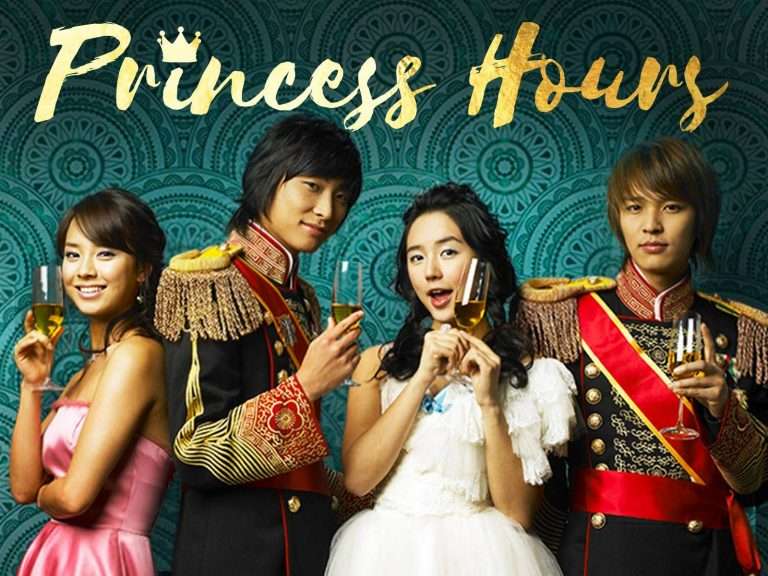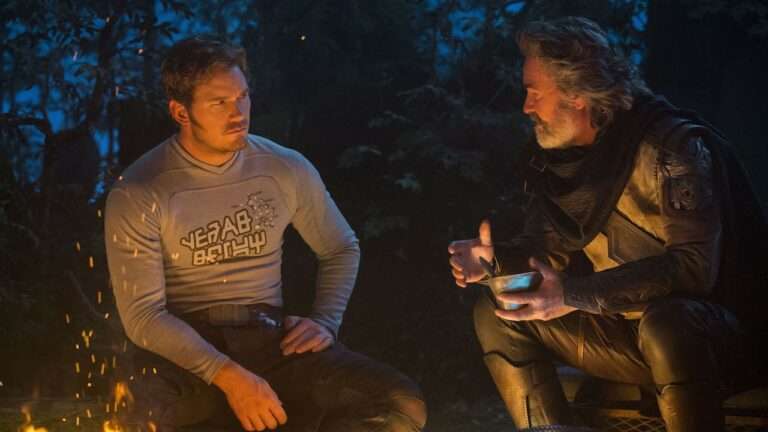Does City Hunter Final Act Redeems the First Half?
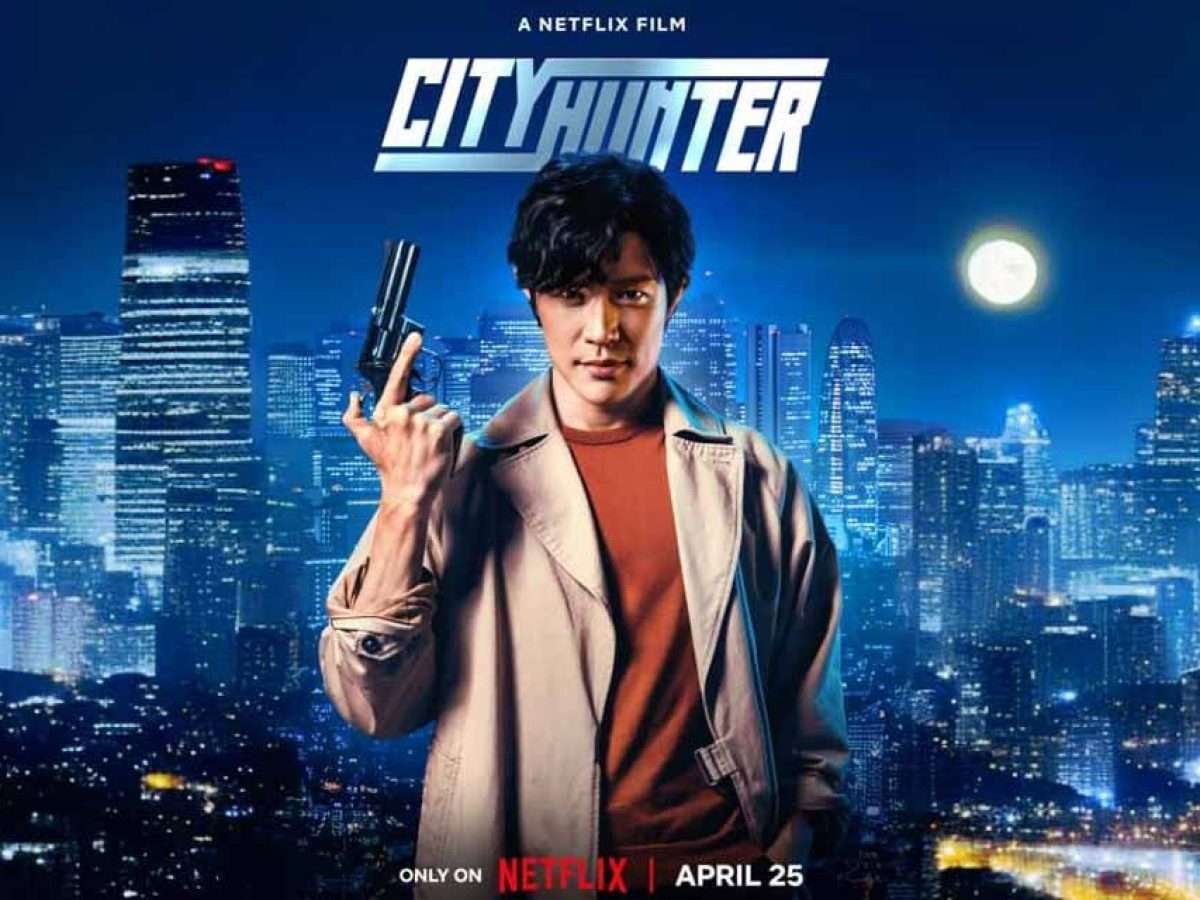
Since its debut in 1985, Tsukasa Hojo’s manga City Hunter has been adapted into various forms, including several anime series, movies (one featuring Jackie Chan), and a beloved K-Drama. Surprisingly, a Japanese-produced live-action adaptation was absent from the lineup until now. Enter the 2024 Netflix release, directed by Yuichi Sato, filling this gap in the franchise.
The initial part of the latest City Hunter manga series adaptation carries a TV-MA rating for violence, which seems fitting.
However, the casual objectification of women by the main character, portrayed as a womanizer, can be seen as offensive and attempts at humor. However, this tone shifts as the story progresses, delving into an intriguing mystery involving young homeless individuals in Japan who inexplicably turn violent and attack innocent bystanders.
Plot of City Hunter

In modern-day Shinjuku, Ryo Saeba (played by Ryohei Suzuki) is a “sweeper.” He is fond of beautiful women and isn’t shy about approaching them. However, when tasked with a mission by a client, he showcases his exceptional skills as a top-notch gunman, his physical prowess, and his aloof demeanor. Following the death of his partner Makimura, Ryo teams up with Makimura’s sister Kaori (played by Misato Morita). Together, they form a new partnership determined to uncover the truth behind Makimura’s demise.
How did the entire plot play out?
In this 2024 adaptation of “City Hunter,” the protagonist’s questionable behaviors have been toned down to suit modern sensibilities. While Ryo still has his extensive collection of adult DVDs, he now keeps his hands to himself. The gritty Kabukicho settings, where much of the film unfolds, have also been sanitized, resembling more of a tourist attraction than a seedy underworld.
While Ryohei Suzuki shines as the lead, some of the other casting choices are less successful. Misato Morita struggles to find her footing as Ryo’s tough partner Kaori, and Fumino Kimura feels out of place playing a seductive police detective. Masanobu Ando fares better as Kaori’s older brother, ex-cop Hideyuki Makimura, but his character’s demise is abrupt, and the villains lack depth in their character.
Director Yuichi Sato takes liberties with the source material, fleshing out skipped-over episodes and expanding on Ryo and Kaori’s partnership after Hideyuki’s death. The plot revolves around a deadly experimental drug that grants superhuman abilities but comes with fatal consequences. As Ryo and Kaori protect the lone survivor, a cosplayer named Kurumi, they find themselves entangled with a criminal syndicate known as the Union.
While the film has moments of enjoyment, particularly in its first half, it struggles to maintain a consistent tone. The climax, set in generic locations reminiscent of “John Wick,” falls flat with poorly executed action scenes. Despite its shortcomings, “City Hunter” demonstrates a reverence for its source material while daring to deviate from it, resulting in a mixed bag of entertainment.

